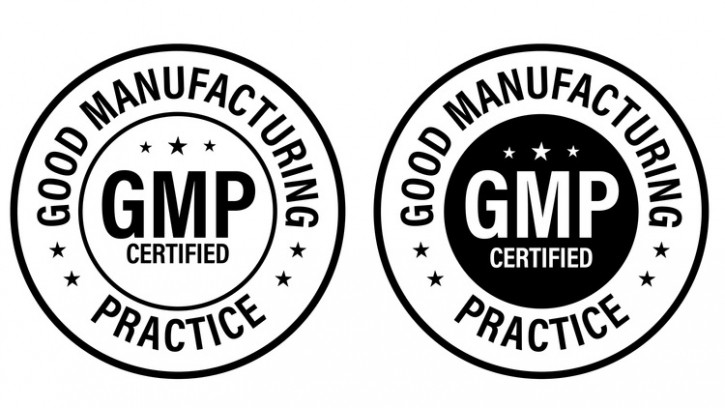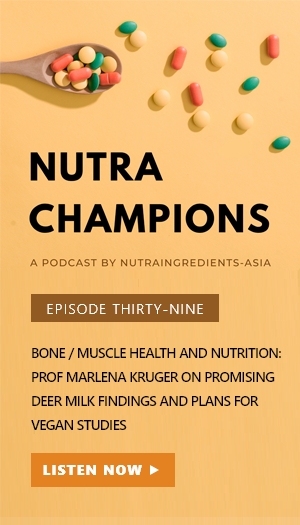Japan to implement self-inspection and GMP guidelines for health foods businesses

Japan’s Ministry of Health, Labour, and Welfare (MHLW) has opened the proposal for public consultation until December 21 and is expecting to implement the self-inspection and GMP guidelines in the second part of January next year.
The guidelines will be applicable to health foods made into the form of tablets, capsules, powders, and liquids via processes such as fractionation, purification using naturally derived extracts.
Companies that manufacture, process, and sell natural extracts as raw materials for use in health foods that come in the form of tablets, capsules etc will need to follow the GMP guidelines.
Raw materials in this case, refer to those that used with the intention of maintaining and promoting health.
The GMP guidelines will also apply to manufacturers that manufacture, process, and sell finished products containing natural extracts.
On the other hand, the guidelines will also help companies self-inspect the safety of the raw materials used for making health foods.
One of the self-inspection methods is to check whether there is a history of use or tradition of consuming a particular raw material.
Otherwise, companies could check the safety and toxicity of the raw material through literature searches.
Another way is to conduct safety tests on the raw materials to ensure its safety.
The guidelines are introduced to prevent health hazards related to the consumption of health foods.
“Regarding the so-called "health foods" products, there could be trace amounts of concentrated toxic substances in the raw materials. There is a risk that the substances may have been consumed, and from the perspective of preventing health issues caused by overconsumption of these substances, we are considering [ways to ensure] safety,” said the MHLW.
Citing a 2019 survey, the MHLW said that around 30 to 50 per cent of the Japanese population consume health foods for maintaining physical condition and health.
Prior to the announcement, companies making health foods could adopt GMP on a voluntary basis, where they could obtain either the GMP factory or GMP product logo as a form of product accreditation.
According to Japan Health and Nutrition Food Association (JHNFA), Japanese companies are interested in securing the GMP certification in order to export their products.
As one of the associations authorised by Japan’s Cabinet Office in giving out GMP accreditation, JHNFA has given out the GMP factory and product logo to 140 factories and 140 products.


















